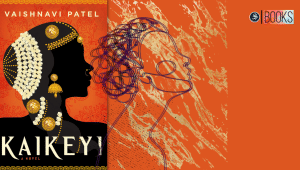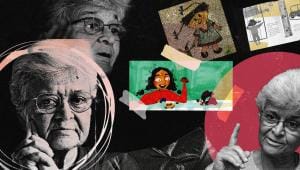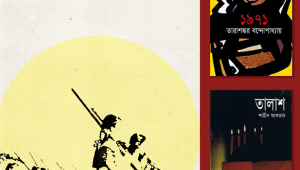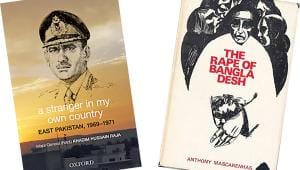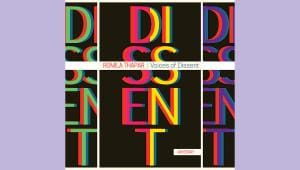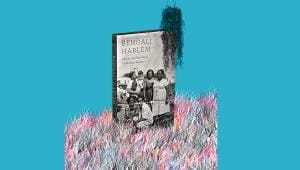Ramayana's evil stepmother redeemed in Vaishnavi Patel's 'Kaikeyi'
As a debut novel, Patel has done a remarkable job in crafting a compelling story through her richly descriptive writing. However, there is room for critique within the core premise of the novel.
17 November 2022, 08:55 AM
I remember Kamla Bhasin through her children’s books
Words fall short to describe Kamla Bhasin: how does one begin to describe a force of nature like her? Perhaps the simplest way to do so is with the word ‘love’. Kamla was many things to many people—most famous for her fierce feminism, activism, and work in development, rights, peace and justice. However, at the core of it, I believe, Kamla embodied love.
29 September 2021, 18:00 PM
The Birangona in fiction: ‘1971’ and ‘Talaash’
In this addition to this series, following up on the previous installment’s focus on nonfiction narratives of Birangonas’s lives and experiences, we recall Tarashankar Bandopadhyay’s '1971' (2015) and Shaheen Akhtar’s 'Talaash' (2004), two books that can be considered as significant exceptions to the trend mentioned above, and also as examples of the politics of representation, objectification of women, and the desensitisation of lived experiences of trauma.
28 July 2021, 18:00 PM
The view from the West
After half a century from where we began, Daily Star Books will spend all of this year—the 50th year of Bangladesh—revisiting and analyzing some of the books that played crucial roles in documenting the Liberation War of 1971 and the birth of this nation. In this sixth installment, we revisit both Khadim Hussain Raja’s A Stranger in My Own Country (Oxford University Press, 2012), in which a retired general gives often problematic views from West Pakistan’s perspective, and Pakistani journalist Anthony Mascarenhas’ The Rape of Bangladesh (Vikas Publications, 1971), a pivotal book in changing world opinion on the then-underreported genocide of East Pakistan.
24 March 2021, 18:00 PM
Women and Bangladesh's publishing industry
The publishing and literary world in Bangladesh have considerable visibility of women: some are authoritative figures in the literary and academic world, some run their own establishments and bookshops; others occupy senior positions in many of the local publishing houses and literary committees. However, like the systems and society we currently operate in, this industry is also influenced by the larger patriarchal structure.
10 March 2021, 18:00 PM
Dissent through the Ages in the Indian Subcontinent
Eminent scholar and Emeritus Professor of History at Jawaharlal Nehru University, Romila Thapar, in her latest book, Voices of Dissent (Seagull Books, 2020), explores important perspectives on dissent located in the historical and contemporary context of the Indian subcontinent.
2 December 2020, 18:00 PM
How To Build A World For Persons With Disability
Sarah Hendren’s What Can a Body Do? How We Meet the Built World (Riverhead Books, 2020) is a collection of case stories in which she helps one understand the lives of those living with disabilities, and how able-bodied perceptions on assistive technology and prosthetics can fail in practice.
11 November 2020, 18:00 PM
Notes on a shared history
In the weeks following George Floyd’s death—murdered in Minneapolis by a police officer who knelt on his neck for eight minutes and 46 seconds—the conversation around diversity and inclusion has returned to the forefront,
17 June 2020, 18:00 PM
